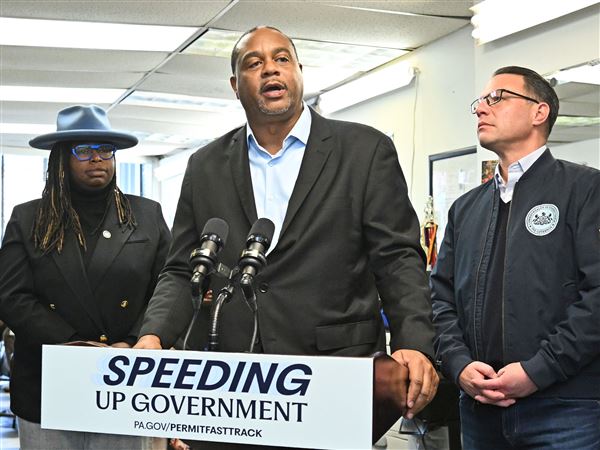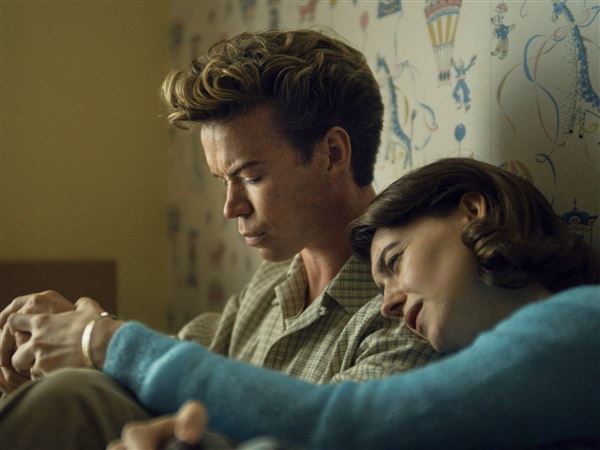R. Thomas Schaub, an archaeologist and retired professor from Indiana University of Pennsylvania who for decades led expeditions to the Middle East to study ancient human settlements, died Oct. 19.
He was 82 and lived in Highland Park.
The cause of death was complications following heart surgery, said his daughter, Helen Schaub of New York City.
Mr. Schaub was considered an expert on how people lived in some of the world’s first cities established 5,000 years ago in the historical period known as the Early Bronze Age. He was a co-founder of the Expedition to the Dead Sea Plain in Jordan, and through his research he tied together scientific and biblical connections about the region, his daughter said.
“A lot of times the spark of interest in that area was the connections to biblical stories,” she said. “My father had a scientific curiosity and interest in understanding what happened from that perspective. When he made the connection in history in the place where the Bible was written, it really tied everything together.”
Mr. Schaub’s background in both science and scripture formed the basis for his career.
A native of South Bend, Ind., he studied architecture at the University of Notre Dame and then studied engineering at the Massachusetts Institute of Technology.
In 1953, he entered the Dominican Order of priests and earned a master’s degree from the Aquinas Institute of Theology in St. Louis.
While studying at the Ecole Biblique in Jerusalem in the mid-1960s, Mr. Schaub met his future wife, Marilyn McNamara Schaub, who at the time was a member of the Dominican Sisters and was also studying at the school.
Both joined an archaeological expedition to the ancient community of Bab adh-Dhra in what is now Jordan, and a few years later they left the religious life and married.
The couple came to Pittsburgh so Mr. Schaub could complete a doctorate in archaeology at the University of Pittsburgh.
Mrs. Schaub taught in the theology department at Duquesne University and Mr. Schaub joined the faculty at IUP, where he taught biblical studies, world religions and Palestinian archaeology until his retirement in 1999.
“He and my mother were really kind of partners in his archaeological work as well as life,” Helen Schaub said. “She was often administrative director of the excavations and they worked together on his scholarly work.”
Meredith Chesson, associate professor of anthropology at Notre Dame, began working with Mr. Schaub in 2003 to help publish material he had researched with Walter Rast, co-founder of the Expedition to the Dead Sea Plain.
She described their research as significant because of its scientific and biblical connections.
“They were biblical scholars, but they were able to talk to people who were not scholars and make connections outside of the archaeology community and ask questions from the scientific standpoint.”
Relics including ancient ceramic pottery and photographs from Mr. Schaub’s expeditions are included in exhibits at the Kelso Museum of Near Eastern Archaeology at the Pittsburgh Theological Seminary in Highland Park.
“We’re very indebted to him,” said Karen Bowden Cooper, the museum’s curator. “There are lots of work here he generated for younger scholars.”
A funeral Mass was held Saturday at St. Bede Church, Point Breeze.
Memorial contributions may be made to the American Schools of Oriental Research, 656 Beacon St., Fifth Floor, Boston, MA 02215-2010.
Joyce Gannon: jgannon@post-gazette or 412-263-1580.
First Published: October 26, 2015, 4:00 a.m.















